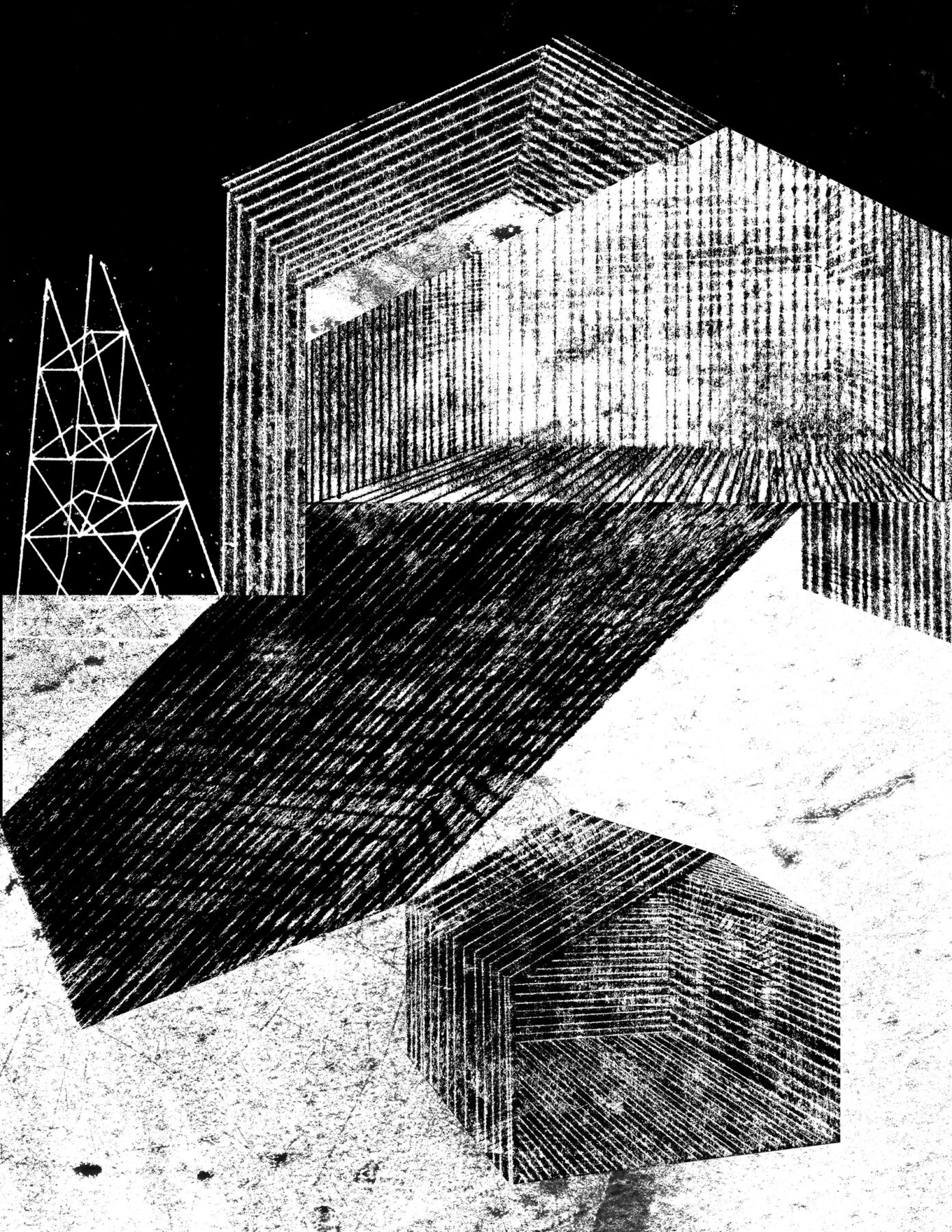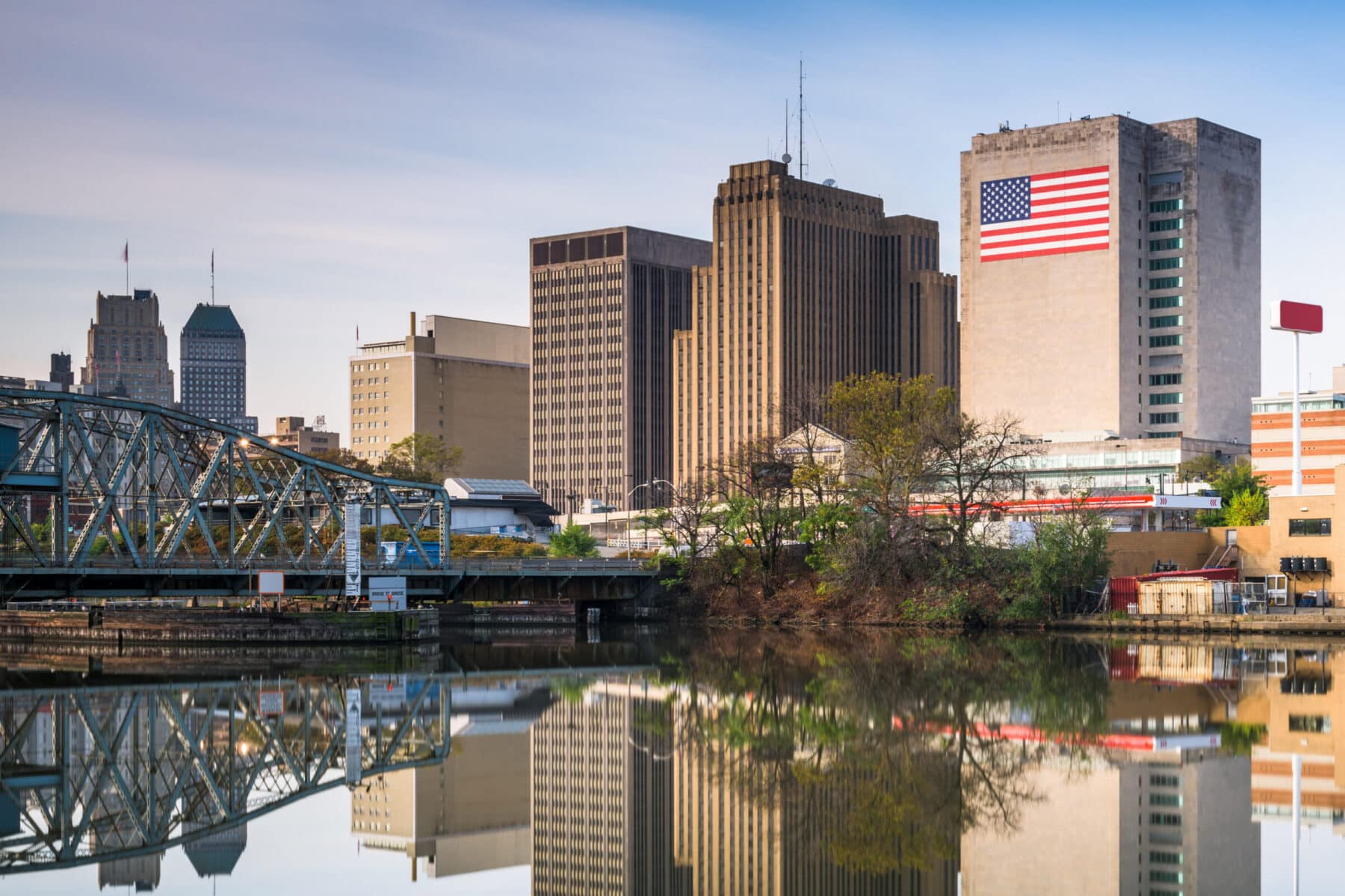Poem
Industry
Then one day the workshop
was shuttered and
a bright, desiccant, metallic
soot took place from the pleasant
and hectic comings
and goings, and we
none of us recalled what had been done….


The Ongoing Transformation
Newark, New Jersey is working to build a new, inclusive tech innovation ecosystem. Fay Cobb Payton and Lyneir Richardson share how Newark is pioneering data-led innovation with a diverse group of entrepreneurs.
Follow us on BlueSky, Facebook, Instagram, and LinkedIn.
Vol. XLII, No. 2, Winter 2026
The past year’s cuts to science funding, haphazard layoffs and rehires at federal agencies, and myriad threats to federal support for research universities have left many researchers demoralized. In fast-moving and deeply uncomfortable times like this, the science community searches for a story about where we are going. After nearly 80 years of federally driven science policy, the stories in this issue demonstrate that states can be places where transformative ideas about the relationship between science and the public can emerge, possibly offering new models to connect the research enterprise with society’s needs.
Browse the Issue

For faster access to our full journal and to see the beautiful artwork that accompanies our feature essays, subscribe to the print edition today.
Subscribe to the Print EditionIn response to essays published in Issues, our readers weigh in on critical topics in policy related to science, technology, and society.
Winter 2026
A Discussion of
Response By
Winter 2026
A Discussion of
Response By
Be the first to get access to new articles — sign up for the Issues newsletter today.